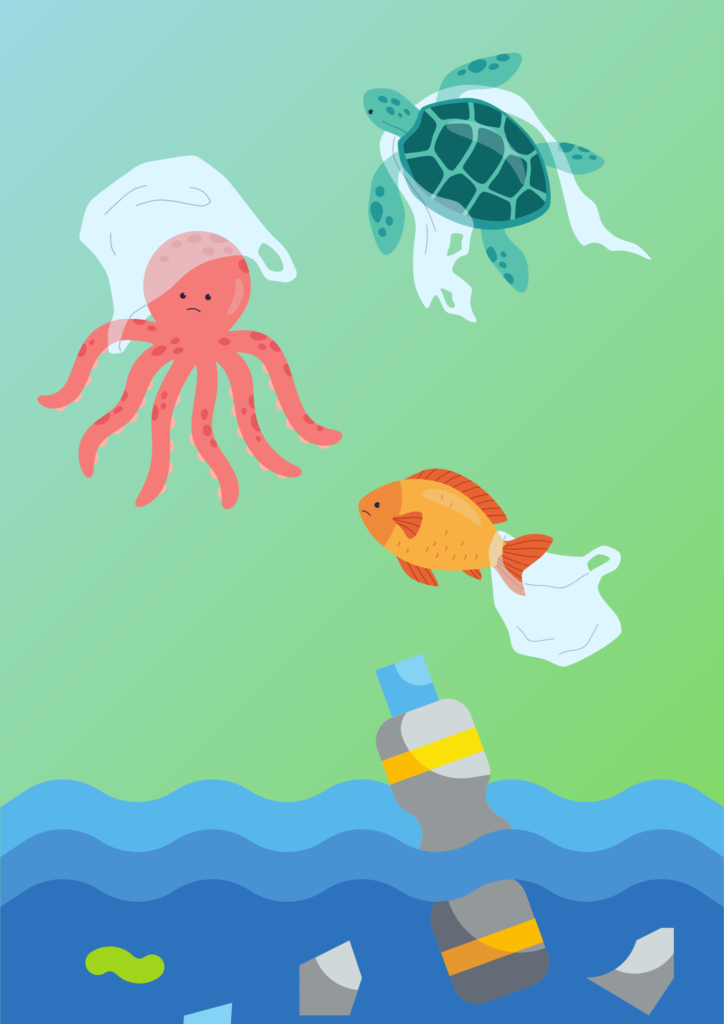Our Oceans on the Brink: A Collective Call to Heal the Blue Planet

The vast expanse of our oceans, cradling a breathtaking diversity of life and acting as the Earth’s thermostat, faces an existential threat: pollution. From plastic debris choking majestic creatures to a toxic cocktail of chemicals infiltrating the food chain, the health of our oceans is on a precarious path. This critical situation demands immediate and collaborative action if we are to restore the delicate balance of marine ecosystems and safeguard the very future of our planet.
The Plastic Scourge: A Plague on Our Waters
Plastic pollution stands out as the most glaring and concerning form of ocean contamination. Every year, millions of tons of plastic waste, originating from overflowing landfills, littering on land, and irresponsible waste management practices, finds its way into our oceans. This plastic breaks down into microplastics, microscopic fragments mistaken for food by marine life, causing excruciating internal injuries, starvation, and even death. The heartbreaking image of a sea turtle mistaking a plastic bag for a jellyfish, leading to a fatal gut blockage, is just one stark example of this plastic peril. Even the tiniest organisms, the plankton that form the base of the marine food chain, are ingesting microplastics, raising concerns about the potential impact on human health as these contaminants travel up the food web.
Beyond Plastic: A Chemical Cocktail with Devastating Consequences
The menace to our oceans goes far beyond plastic. Industrial waste, laden with harmful chemicals, agricultural runoff carrying pesticides, and devastating oil spills all contribute to a toxic cocktail that poisons our seas. Heavy metals, persistent organic pollutants, and even pharmaceuticals accumulate in the bodies of marine organisms, disrupting their biological functions and posing a serious threat to those who rely on seafood as a source of protein. Coastal communities, especially those dependent on fishing for their livelihood, face the brunt of this contamination, jeopardizing their food security and economic well-being.
A Ripple Effect: A Damaged Ecosystem in Peril
The consequences of ocean pollution extend far beyond the suffering of individual marine creatures. Polluted waters disrupt the intricate web of life in the ocean, impacting everything from the vibrant coral reefs, the underwater rainforests teeming with life, to the tiny phytoplankton responsible for producing a significant portion of the Earth’s oxygen. These disruptions weaken the ocean’s ability to act as a carbon sink, absorbing carbon dioxide from the atmosphere and mitigating the effects of climate change. A healthy ocean is vital for regulating our planet’s temperature and maintaining a stable climate for all life forms.
A Glimmer of Hope: Solutions Within Reach
The situation may seem dire, but there is a beacon of hope. Individual actions, coupled with strong policy changes, can make a significant difference. Simple steps like reducing our reliance on single-use plastics, properly disposing of waste, and supporting organizations dedicated to cleaning up our oceans are all crucial in this fight. Governments can play a vital role by implementing stricter regulations on industrial waste disposal, investing in sustainable practices, and promoting green technologies. Public awareness campaigns and fostering a sense of global responsibility for the health of our oceans are key to mobilizing a collective response.
The future of our oceans rests not in the hands of a select few, but in the collective action of humanity. By acknowledging the gravity of the situation and taking decisive steps, we can turn the tide on ocean pollution. Let us work together to ensure that our oceans remain a vibrant source of life, not a dumping ground for our waste. A healthy ocean is not just essential for the survival of marine life, but for the well-being of our planet and all its inhabitants. We owe it to future generations to ensure the oceans remain the blue heart of our planet, beating strong and healthy.




















